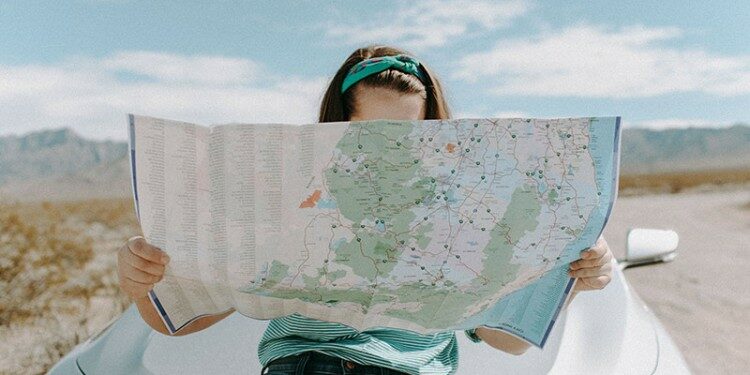In news
The revenge travel/tourism has become a concern amidst the fear of a third wave of Coronavirus.
More information
- The Union Ministry of Health secretary noted that the phenomenon of “revenge travel” was unfolding as Indians came out of their homes after months of lockdown.
- Coined last year, the term ‘revenge travel’ is being thoroughly put into practice now as thousands flock to hill stations and retreats.
- The concept isn’t new. It has roots in the early 1980s in China during the devastating poverty of the Cultural Revolution where ‘revenge spending’ by consumers emerged.
- Revenge travel or revenge tourism, stems from a feeling of wanting to break free from the monotonous life of lockdowns. It is a product of another phenomenon called ‘lockdown-fatigue’
- This urge to travel after being cooped up in lockdown for over a year, despite the dangers it poses, is called revenge travel.
- Amid massive footfall of tourists thronging hill stations, the Centre raised an alarm recently, warning that ‘’revenge travel’ can jeopardise the gains and create fresh Covid-19 cases in the country.
- Some are calling it revenge travel, others are simply aghast with horror as pictures from Manali show how massive crowds have descended on the hill town.
- This surge in tourism is now being associated with revenge travel, wherein one takes revenge on months of lockdown.
















